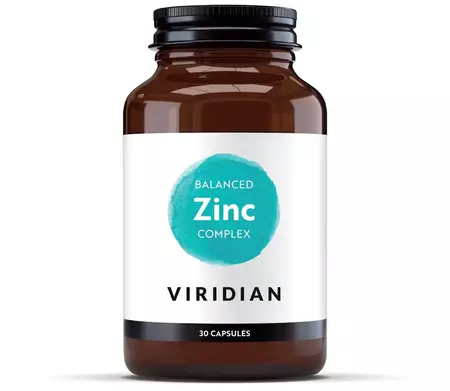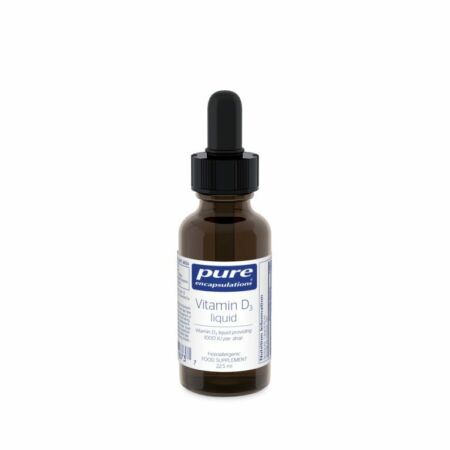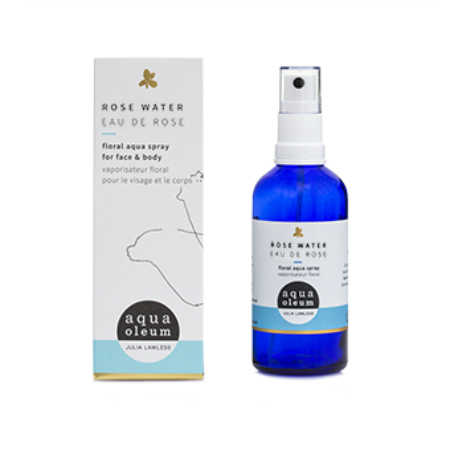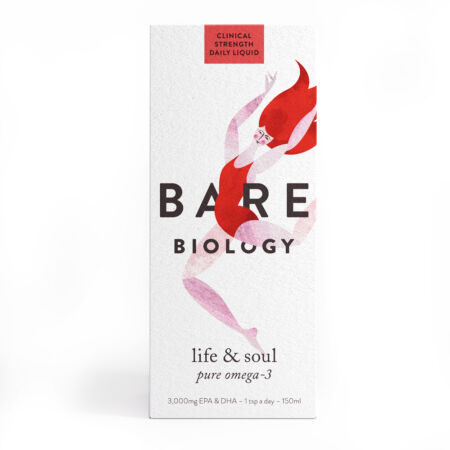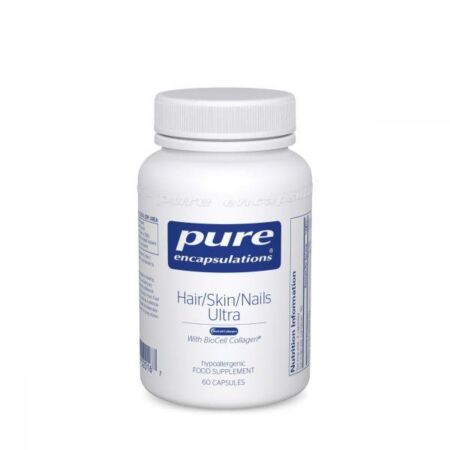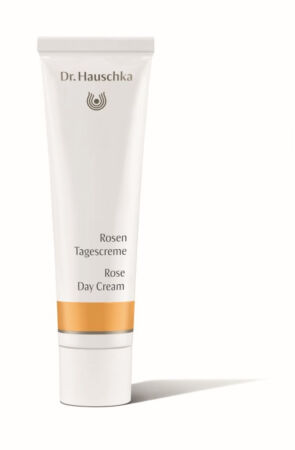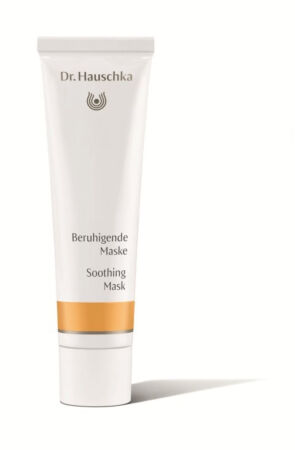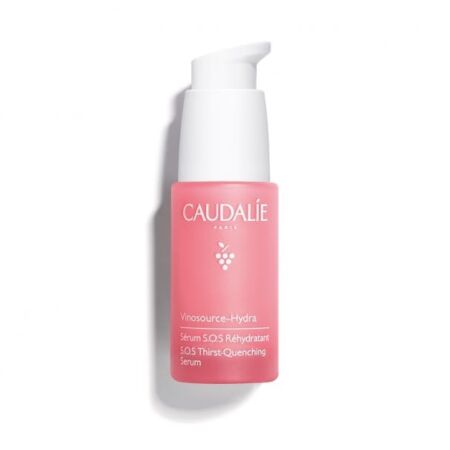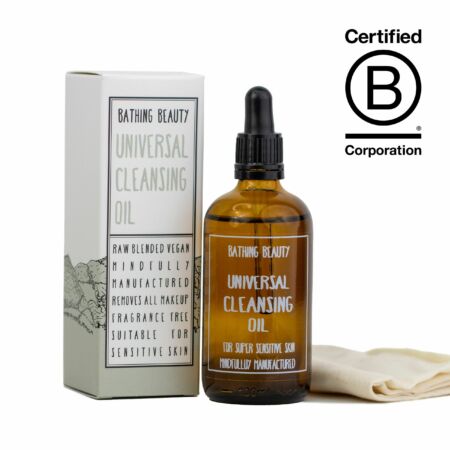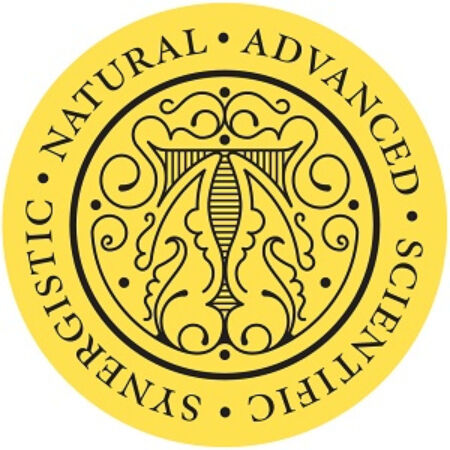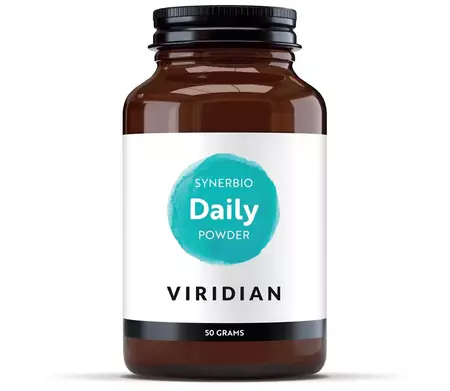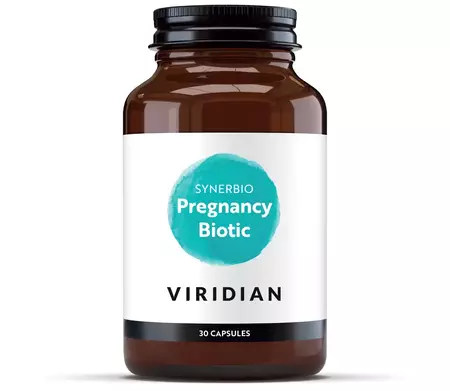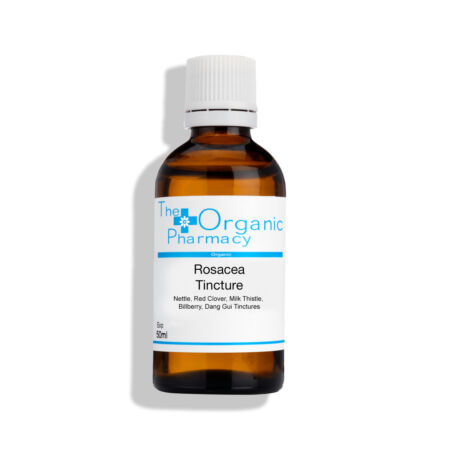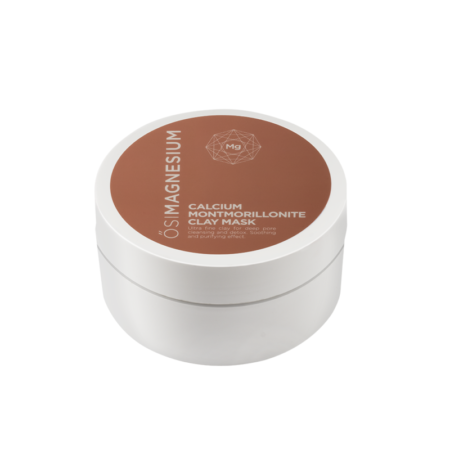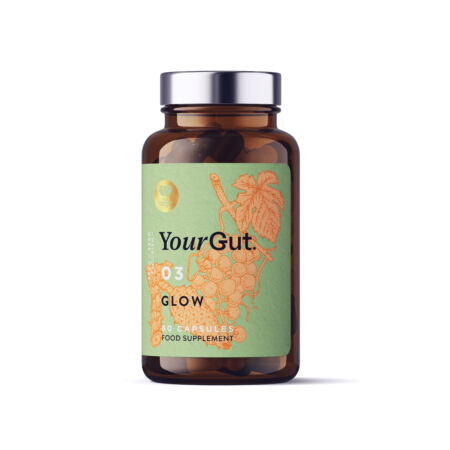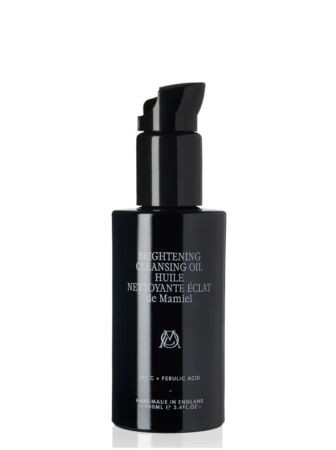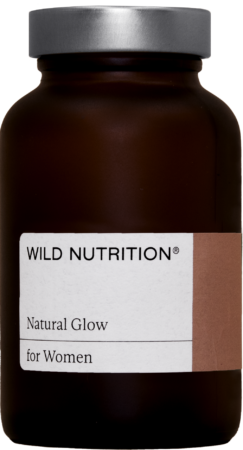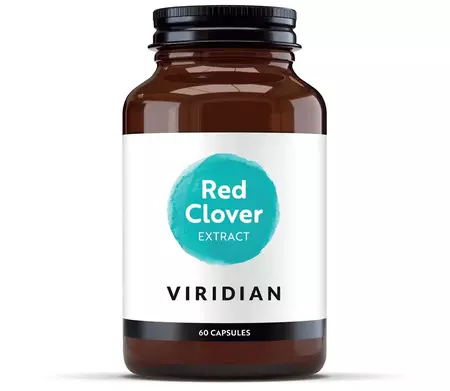Rosacea is a chronic skin condition with four subtypes, each with unique symptoms. Nutritional therapy can help manage rosacea by identifying and addressing dietary triggers that worsen symptoms.
What is Rosacea?
Rosacea is a chronic skin condition that affects many people. There are four subtypes of rosacea, each with its own set of unique symptoms. It is possible to have more than one subtype at the same time. Nutritional therapy can help in managing rosacea by identifying and addressing dietary triggers that can cause or worsen symptoms. Nutritional therapy involves working with a custom diet plan that takes into account an individual's specific triggers, nutritional needs, and also lifestyle factors.
One of the most recognisable symptoms of rosacea is the presence of small, red bumps on the skin during flare-ups. Typically, rosacea affects the skin on the nose, cheeks, and forehead. Flare-ups occur in cycles, with symptoms present for weeks or months at a time before disappearing and returning.
What are the risks of developing Rosacea?
Several factors are thought to increase the risk of developing this condition:
Genetics: Rosacea tends to run in families, suggesting that it may have a genetic component.
Age: Rosacea is more common in people over the age of 30, although it can occur at any age.
Gender: Women are more likely than men to develop rosacea, although men may experience more severe symptoms.
Skin type: People with fair skin and a tendency to blush easily may be at a higher risk of developing rosacea.
Environmental factors: Exposure to sunlight, extreme temperatures, and certain foods or drinks (such as spicy foods, alcohol, and hot beverages) may trigger or worsen rosacea symptoms.
Medical conditions: Certain medical conditions, such as gastrointestinal disorders, autoimmune diseases, and cardiovascular disease, may be associated with an increased risk of rosacea.
How does Rosacea present?
Rosacea is a complex skin condition that can present in different ways depending on the subtype. Here are some of the key symptoms of each subtype[i]:
Erythematotelangiectatic Rosacea (ETR):
Flushing and redness in the center of the face
Visible broken blood vessels
Swollen and sensitive skin
Stinging and burning sensation in the skin
Dry, rough, and scaly skin
Papulopustular Rosacea (also called Acne Rosacea):
Acne-like breakouts and very red skin
Oily and sensitive skin
Visible broken blood vessels
Raised patches of skin
Phymatous Rosacea (also called Thickening Rosacea):
Bumpy and thick skin texture
Thick skin on the nose, chin, forehead, cheeks, and ears
Large pores
Visible broken blood vessels
Ocular Rosacea:
Bloodshot and watery eyes
Eyes that feel gritty
Burning or stinging sensation in the eyes
Dry, itchy eyes
Eyes that are sensitive to light
Cysts on the eyes
Diminished vision
Broken blood vessels on the eyelids
It's important to note that these symptoms may overlap between subtypes, and some people may experience symptoms from more than one subtype at the same time.
Diet and supplement advice for Rosacea
1. Eat an antioxidant rich diet: A diet rich in fruits, vegetables, whole grains, and lean proteins can help reduce inflammation and support the health of detoxification system. Avoid processed foods, sugary drinks, and foods that are high in saturated and trans fats.
2. Avoid trigger foods: Certain foods can trigger rosacea flare-ups, so it's important to identify and avoid your personal trigger foods. Common trigger foods include spicy foods, alcohol[ii], caffeine, and hot beverages[iii].
3. Consider anti-inflammatory foods: Some foods have anti-inflammatory properties that may help reduce rosacea symptoms. These include fatty fish (such as salmon), nuts, seeds, olive oil, and leafy greens[iv].
4. Reduce foods that are rich in niacin, such as poultry, tuna, peanuts, and crustaceans: as they can activate Langerhans cells in the skin, leading to increased redness, inflammation, and pain. Niacin, also known as vitamin B3, is an essential nutrient that supports various body functions, including the nervous system and metabolism. While it is important not to completely eliminate niacin from the diet, avoiding high-niacin foods may be advisable for those who experience triggers. However, most Americans typically consume sufficient amounts of niacin through their diet.
5. Stay hydrated: Drinking plenty of water can help keep your detoxification system working optimally and reduce the risk of flare-ups[v].
Consider food allergies:
Some people with rosacea may have food allergies or sensitivities that can trigger symptoms. Speak to us today about getting tested for food allergies or sensitivities[vi].
Read more about functional testing for allergies in these options:
Food Sensitivity Test (Dietary Antigen Test)
Gluten sensitivity test: (Gluten sensitivity has been heavily linked to rosacea, especially in its most severe forms[vii]).
Recommended Supplements For Rosacea
Omega-3 fatty acids: Omega-3 fatty acids have anti-inflammatory properties and may help reduce redness and inflammation associated with rosacea. Sources of omega-3s include fatty fish, fish oil supplements, and flaxseed oil supplements[viii]. Try: Bare Biology Life & Soul Omega 3 Fish Oil Liquid (150ml).
Vitamin D: Vitamin D plays a role in immune function and may help reduce inflammation. Some studies have suggested that vitamin D supplements may be beneficial for individuals with rosacea. A review and meta-analysis study of 11 studies found that individuals with rosacea were more likely to have vitamin D deficiency than those without rosacea[ix]. Try: Pure Encapsulations Liquid Vitamin D3 (1000IU per drop).
Probiotics: Probiotics are beneficial bacteria that live in the gut and can help improve digestion and boost the immune system. Some studies have suggested that probiotics may be helpful for managing rosacea symptoms[x]. Try Viridian Synerbio Daily Probiotic.
Zinc: This study investigated the serum zinc levels in individuals with rosacea and found that they were significantly lower than in individuals without rosacea. The study suggests that zinc deficiency may be a contributing factor in the development of rosacea[xi]. Try: Viridian Balanced Zinc Complex.
Our top picks for Rosacea:
The Organic Pharmacy Rosacea Tincture 50ml: Reduce inflammation and calm the skin with this anti-inflammatory combination of herbs: Nettle, Red Clover, Milk Thistle, Bilberry and Dang Gui[xii].
Pure Encapsulations Hair Skin Nails Ultra (60 Caps): Hair Skin Nails features a comprehensive blend of nutrients that support healthy skin hair and nails. Combines vitamins and trace elements with special bioactive substances in a complete formula for everyday use. Provides nutrients specially selected for their contribution to normal collagen formation, protecting cells
Osi Calcium Montmorillonite Clay Mask (120g): 100% montmorillonite clay to make clay masks at home. Traditionally used for centuries to rejuvenate and purify skin.
Aqua Oleum Rose Water Spray (100ml): 100% pure & natural alcohol-free flower water with a soft floral fragrance. A refreshing & fragrant floral aqua spray for face & body. A safe & very gentle rejuvenating facial tonic. Can be used as a toner in the daily skin routine. Ideal for all skin types, especially sensitive and dry/mature skin.
Wild Nutrition Natural Glow (60 capsules): A smart supplement that not only promotes the skin's natural sun defenses to prevent premature aging but also improves skin radiance. The key ingredient is Melaline®, a form of keratin, combined with essential vitamins and minerals that support collagen production.
Dr. Hauschka Rose Day Cream (30ml): This face cream provides strength and harmony, making it also suitable for sensitive skin or skin prone to redness.
Oskia Rest Day Cleansing Milk (150ml): This comforting, hydrating cleansing milk gently removes impurities and makeup while supporting the skin’s barrier function, microbiome and natural pH balance, leaving skin feeling soft, rested, calm and supple.
Lifestyle advice for Rosacea
Avoid products that contain the following. These ingredients may irritate your symptoms:
* alcohol
* menthol
* witch hazel
* exfoliating agents
Identify and avoid triggers: Keep a diary of your activities and symptoms to identify triggers that can cause flare-ups. Common triggers include sunlight, heat, cold, wind, alcohol, spicy foods, and stress.
Protect your skin: Use a broad-spectrum sunscreen with an SPF of 30 or higher, wear a wide-brimmed hat, and avoid excessive sun exposure. Protect your skin from harsh weather conditions such as cold, wind, and humidity.
Follow a gentle skincare routine: Use gentle, non-irritating skincare products that are free of fragrances, alcohol, and other irritants. Avoid using exfoliating scrubs, astringents, and toners that can irritate the skin.
Manage stress: Stress can trigger rosacea flare-ups, so try to manage stress through relaxation techniques such as yoga, meditation, or deep breathing exercises.
Avoid hot baths and saunas: Hot water can aggravate rosacea symptoms, so it's best to avoid hot baths, saunas, and other activities that involve exposure to high temperatures.
Stay hydrated: Drink plenty of water to keep your skin hydrated and reduce the risk of flare-ups[xiii].
Be gentle with your skin: Avoid rubbing, scrubbing, or massaging your face too vigorously, as this can cause irritation and inflammation.
Seek medical treatment: If your symptoms are severe or persistent, seek medical treatment from a dermatologist. There are several medications and therapies available that can help manage rosacea symptoms and improve the appearance of your skin.



